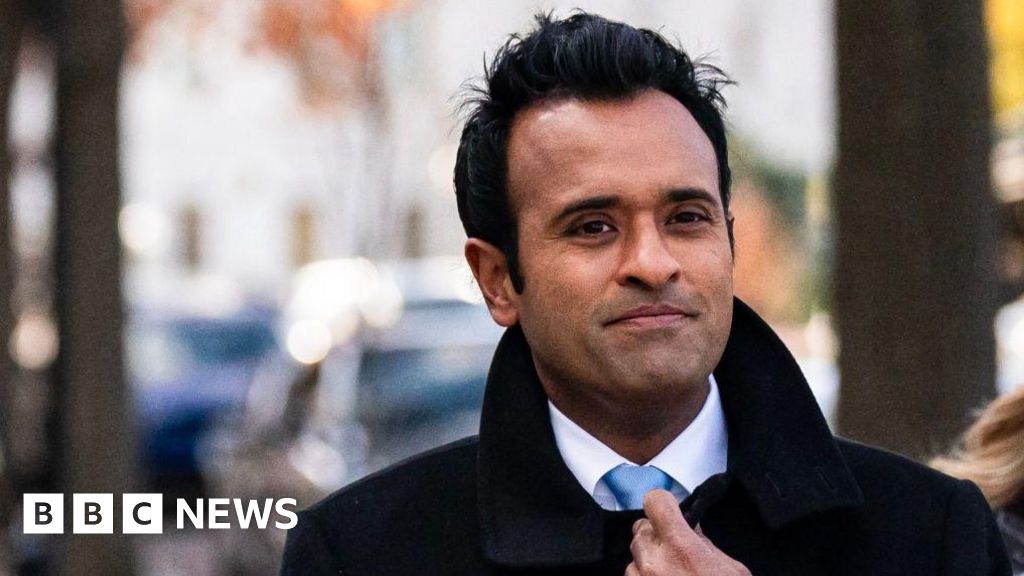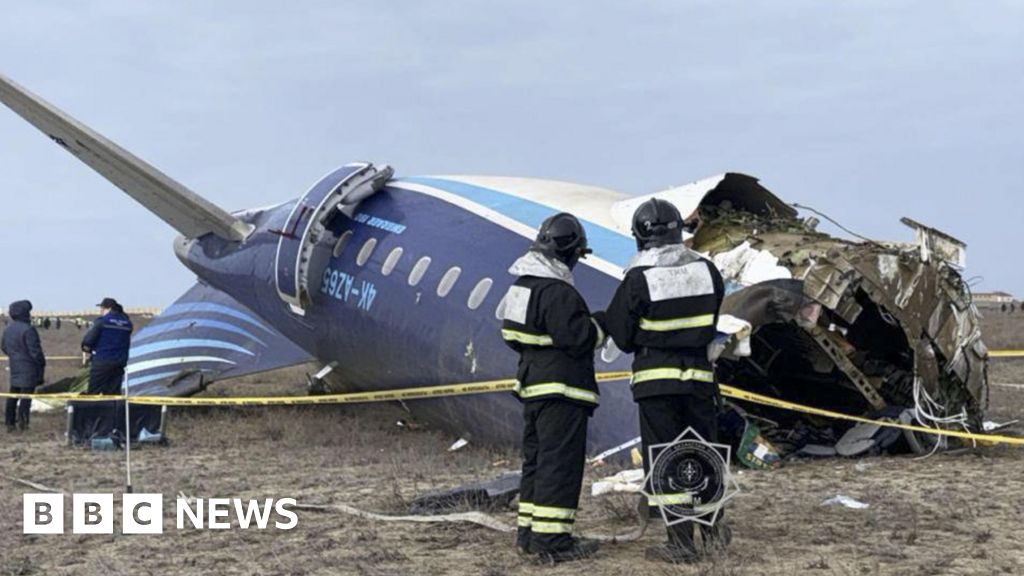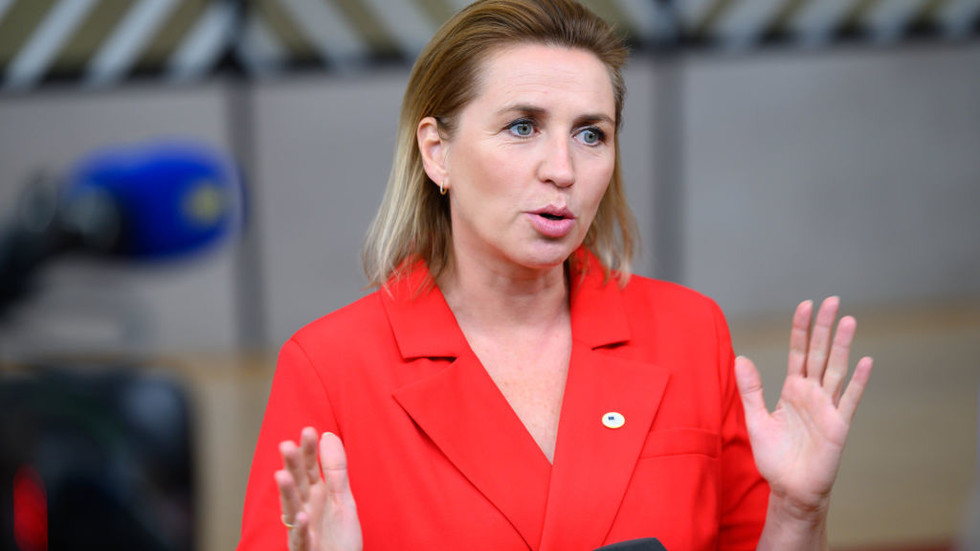It was more or less business as usual in Bratislava, the capital of Slovakia, the day after the assassination attempt on Prime Minister Robert Fico. Anyone who expected the country to come to a standstill would have been mistaken.
Many were more interested in the Ice Hockey World Championships taking place in neighboring Czech Republic. Particularly since Slovakia won in 2002, ice hockey has been a national sport. The restaurants and bars, equipped with large screens especially for the event, may not have been quite as full as on the other days, but they were far from empty.
"The idiot who shot Fico has spoiled our sales a bit, that's for sure," complained a waiter in one of the restaurants downtown, while Slovakia was playing an important game against Poland. "We thought about closing down, but since the prime minister didn't die, we didn't."
 The Ice Hockey World Championships taking place in the Czech Republic are being broadcast in Bratislava restaurants and bars. Image: Lubos Palata
The Ice Hockey World Championships taking place in the Czech Republic are being broadcast in Bratislava restaurants and bars. Image: Lubos Palata'Nothing happened'
"Nothing happened," said a middle-aged man sitting next to the television in another restaurant where the game was being broadcast. In response to a comment that an attempt had been made on the life of Prime Minister Robert Fico, he said: "Yes, that's true. But I'm telling you, nothing happened."
That attitude seems widespread in the liberal, pro-European Slovakian capital that for months has been the center of anti-government protests. These were triggered by the government's restrictions on the legal battle against political corruption and nepotism, as well as its attempts to wield more control over public television and radio.
For years, the opposition, now led by the liberal Progressive Slovakia (PS) party, has won elections by large margins in Bratislava.
"Mostly, people were shocked by what happened, they were very shocked by the assassination attempt itself," said Tereza, who is in her early 30s and works in a bookshop in the Slovakian capital's baroque old town. "On the other hand, we are here in Bratislava, so you can't expect much sympathy or compassion for Robert Fico." No normal person would want something like that to happen to Fico, she added. "But people are very frightened by the speeches of some politicians in the government who have threatened retaliation. They are afraid of the consequences of the assassination attempt."
Slovakia: Protests against the government
'Now the war begins'
One of parliament's frequently stormy sessions was underway when news of the assassination attempt hit, making politicians even more emotional than usual.
"This is your doing," Lubos Blaha, deputy speaker of parliament and a prominent member of Fico's Smer (Direction) party, shouted at the opposition. Blaha is known for his anti-liberal, anti-Western and pro-Russian outbursts, and has been known to spread conspiracy theories. Andrej Danko, the leader of the governing coalition's nationalist Slovak National Party (SNS), also threatened to take action, saying: "Now the war begins."
 Prime Minister Robert Fico (c), Hlas leader Peter Pellegrini (l) and SNS leader Andrej Danko (r) are the heads of the ruling coalition Image: Jaroslav Novak/TASR/dpa/picture alliance
Prime Minister Robert Fico (c), Hlas leader Peter Pellegrini (l) and SNS leader Andrej Danko (r) are the heads of the ruling coalition Image: Jaroslav Novak/TASR/dpa/picture allianceOpposition condemns attack
The opposition unanimously and unequivocally condemned the attack. Progressive Slovakia (PS), for instance, canceled a planned Wednesday evening demonstration against the restructuring of the public broadcaster, and all opposition politicians called for calm. "I am shocked and appalled by the shots fired at Prime Minister Robert Fico," wrote PS leader Michal Simecka on X, formerly Twitter. "We unequivocally and strongly condemn any violence."
Interior Minister Matus Sutaj Estok told reporters after a Slovak State Security Council meeting on Thursday that the attack had been clearly politically motivated, suggesting indirectly that the suspect had sympathized with the opposition. But he added: "This was the act of a lone wolf. I can confirm that the suspect is not a member of a radicalized political group, neither right nor left wing." Estok also called for calm.
At a joint press conference, outgoing President Zuzana Caputova, who is not affiliated to any party but emerged from the ranks of Progressive Slovakia; and her successor Peter Pellegrini, who is still leader of the social democratic party Hlas — part of Fico's coalition — made a similar call, saying, "We will invite all parliamentary parties for a joint meeting."
"Appeasement is now the only possible step," said former parliamentary speaker Ivan Miklosko, a member of the opposition Christian Democratic Movement. "Since the election, I have sensed an anger in parliament that I never experienced in the decades I was a member of parliament," the 77-year-old veteran of Slovakian politics told DW. "None of us politicians today can be sure that we won't be the next victim," he added. "We have to stop this hatred."
"Violence is not a solution," agreed Juraj, a student in Bratislava's old town. "And [I say that] despite the fact that I don't agree with Fico as a politician on almost any issue. Nevertheless, I wish him a speedy recovery."
This article was translated from German.

 7 months ago
42
7 months ago
42









